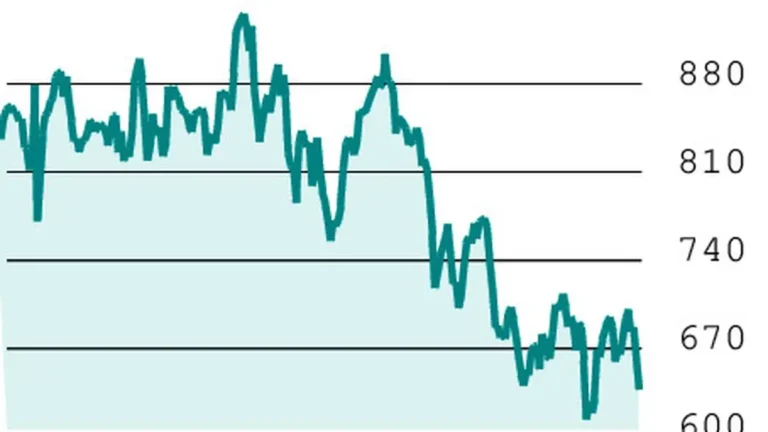New Delhi, Aug 6 (KNN) The government has announced the launch of the E-Commerce Export Hubs (ECEHs) initiative, aimed at promoting cross-border e-commerce by providing dedicated zones that streamline logistics, regulatory processes, and export facilitation for small businesses.
The initiative is designed to support Small and Medium Enterprises (SMEs), artisans, and other small-scale exporters by reducing costs and delivery timelines while improving overall export efficiency.
According to a written reply in the Lok Sabha by Minister of State for Commerce and Industry, Jitin Prasada, five ECEH pilot projects have been proposed.
The Directorate General of Foreign Trade (DGFT), through Trade Notice No. 14/2025 dated August 22, 2024, has invited detailed proposals for the implementation of these pilots.
It may be recalled that Federation of Indian Micro and Small & Medium Enterprises (FISME) had advocated for setting up of warehouses or hubs to realize potential of e-commerce exports from India.
The hubs will offer integrated services at a single location, including customs clearance, quality certification, packaging, and off-port warehousing. Special provisions will also simplify the re-import of rejected or returned items.
To further facilitate logistics and compliance, 1,013 Dak Ghar Niryat Kendras (DNKs) have been notified by the Department of Posts, in coordination with CBIC.
These centres assist exporters with documentation, packaging, and regulatory requirements. The International Tracked Packet Service, currently serving 41 countries, also offers volume-based discounts to support small consignments.
In parallel, the Reserve Bank of India (RBI) has issued a draft circular proposing procedural simplifications under the Export Data Processing and Monitoring System (EDPMS).
The proposed changes will allow Authorised Dealer banks to close shipping bills up to Rs 10 lakh based on exporters’ quarterly self-declarations, easing the compliance burden for small-value shipments.
Some of the proposed ECEHs are to be implemented directly by logistics service providers, ensuring integrated delivery of warehousing, packaging, and regulatory services.
To strengthen the ecosystem further, the Government has signed MoUs and Letters of Intent with leading global e-commerce platforms and domestic logistics firms.
These partnerships aim to raise awareness, enhance MSME export readiness, and promote onboarding onto cross-border platforms.
Regional authorities of DGFT have also been conducting outreach and capacity-building programmes to support MSME exporters in navigating procedures and scaling their presence in the global e-commerce space.
The ECEH initiative marks a significant step toward making India’s e-commerce exports more competitive and accessible, particularly for small and medium businesses looking to tap into international markets.
(KNN Bureau)














